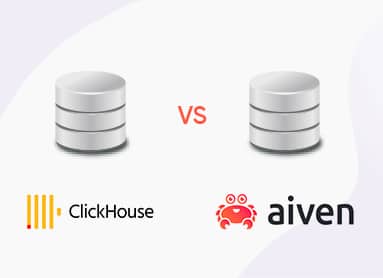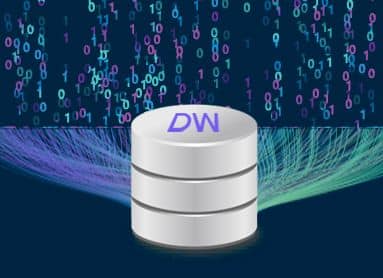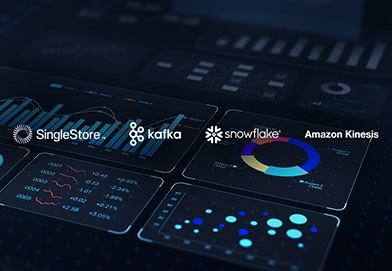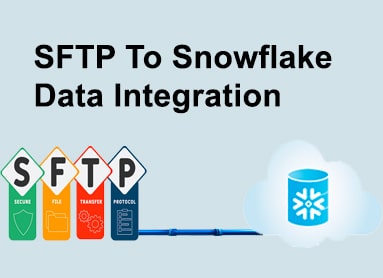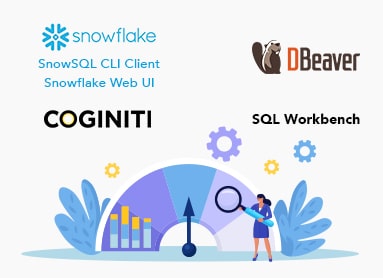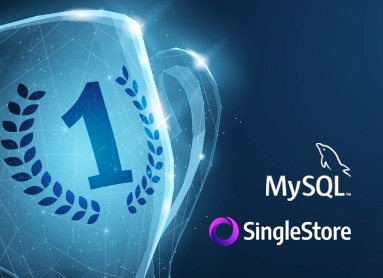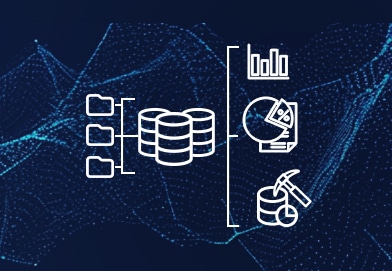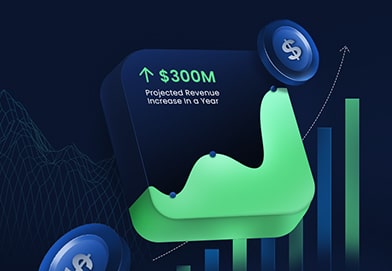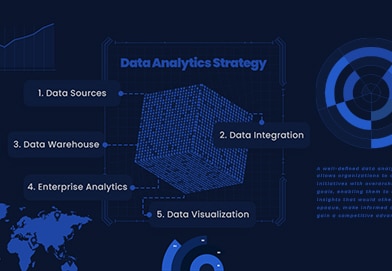How can financial industries tap into the full potential of their data without getting tangled in complexity? That’s where cloud data integration steps in.
As we embrace cloud applications and services, the transformative power of artificial intelligence (AI) and upcoming technological shifts make integration a must-have strategy for companies.
If your organization is considering cloud data solutions or interested in exploring expert approaches to its implementation, this comprehensive guide will help you understand some of its complexities.
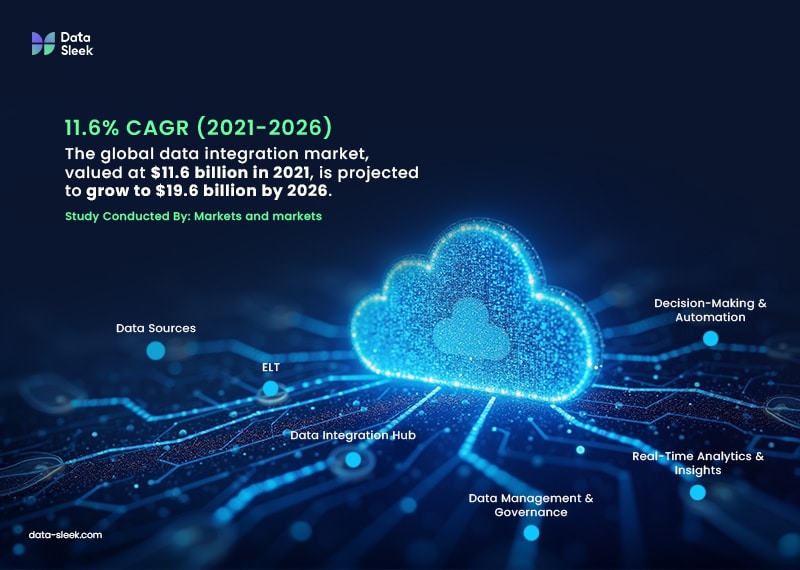
What Is Cloud Data Integration?
Imagine a company with data scattered across different departments and systems. Sales information resides in one CRM, marketing details on another platform, and financial records elsewhere. This separation makes it tough to get a clear view of the business. Data integration solves this by bringing data from these different sources into a cloud integration hub, like a data warehouse or data lake.
Cloud integration cleans and transforms information using processes like Extract, Transform, and Load (ETL), then organizes it in the target system in a clear format. This helps companies break down data silos and gain a single, accurate, real-time view of their operations.
The Impact of Cloud-Based Data Integration
Understanding the impact of cloud integration becomes essential for financial institutions. The global data integration market, valued at $11.6 billion in 2021, is projected to grow at a CAGR of over 11%, reaching $19.6 billion by 2026. This underscores its vital role in driving innovation and efficiency. Here are some key benefits:
Streamlined Operations
A cloud integration platform simplifies complex business processes, allowing organizations to streamline operations and boost efficiency. Companies can automate workflows, reduce manual errors, and enhance productivity by connecting disparate data sources. This leads to smoother operations and a more agile business environment.
Real-Time Insights
Access to real-time data is a game-changer. Cloud-based data integration empowers organizations to make informed decisions quickly, using up-to-the-minute insights to respond effectively to market changes and customer needs. Data integration capabilities ensure companies remain proactive rather than reactive.
Competitive Advantage
The financial industry can gain a significant edge, enabling faster innovation and superior customer experiences. Greater agility helps them adapt to changing market dynamics, positioning them to seize emerging opportunities and maintain industry leadership. It also fosters a culture of continuous improvement and growth.
EdelGolf’s Data-Driven Transformation
EdelGolf partnered with Data Sleek to address its fragmented data systems, implementing modern data architecture that enabled it to streamline operations, enhance customer interactions, and boost growth. The partnership optimized inventory and order management, establishing EdelGolf as an industry leader in golf equipment and leading to its acquisition by Doug Coors.
The Evolution of Cloud Integration
The finance sector has greatly changed because of cloud services, data integration, and advanced error handling. This is important because the industry handles sensitive financial data management and requires strong security measures.
Cloud system integration enhances security, disaster recovery, and compliance, aiding finance companies in managing vast business data from transactions, market info, and risk assessments. This streamlines decision-making and boosts customer experience, driving innovation and efficiency in the finance industry.
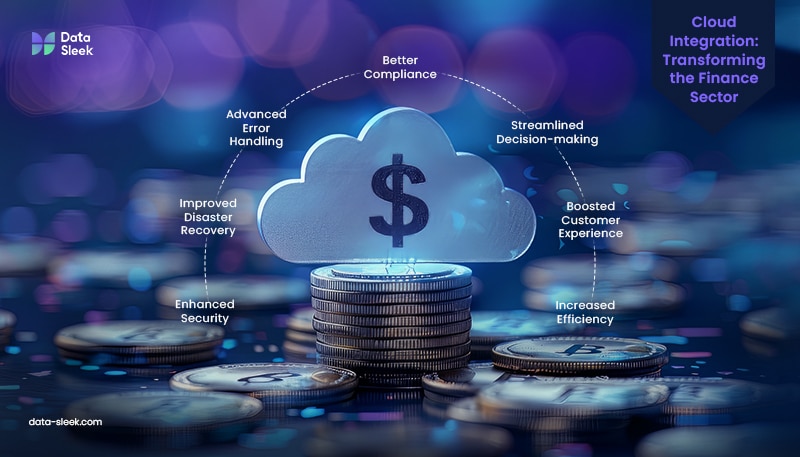
What to Look for in Cloud Data Integration Services
To truly maximize their potential, organizations must tap into services that are as unique as they are. Finding the right fit ensures that your specific needs are met with precision and care. These robust services should be:
Comprehensive Solutions
End-to-end integration services make sure your entire data ecosystem is seamlessly connected. These comprehensive solutions are crafted to meet a variety of business needs, from the initial consultation to ongoing support. This holistic approach not only boosts efficiency but also minimizes any potential disruptions.
Customizable Platforms
Every business is unique, and customizable platforms are designed with that in mind. Whether you’re just starting out or you’re an established enterprise, these solutions are built to grow with you. This flexibility ensures your platform evolves right alongside your organization.
Advanced Analytics Integration
Going beyond basic integration, advanced analytics integration, along with machine learning, helps companies turn data into actionable insights. By incorporating analytics tools, companies can make smarter decisions and drive strategic initiatives. This empowers organizations to stay ahead in the game.
How to Approach to Cloud Data Integration
An expert approach ensures a smooth and effective journey. By combining deep industry knowledge with innovative data integration solutions, financial institutions can be guided every step of the way. Here are the key stages of this transformative process:
- Consultation and Needs Assessment: Begin by thoroughly understanding your unique business needs and challenges. This ensures a personalized approach to integration that lays a solid foundation for success. Consider questions like: What specific issues in your company are you trying to solve? What does success mean in terms of data integration?
- Strategic Planning: Craft a strategic plan that aligns seamlessly with your company goals, leveraging cutting-edge technologies and industry best practices to maximize impact. Setting goals is essential, such as improving operations, reducing operational costs, or enhancing decision-making.
- Implementation Using Leading Tools: Utilize powerful platforms like AWS, Azure, or Google Cloud to implement robust integration solutions that guarantee reliability, scalability, and future readiness. Choose the right tool by considering the complexity, large data volumes, and your team’s skills.
- Migration and Testing: Manage the data migration process meticulously, conducting comprehensive testing to ensure seamless data flow and maintain system integrity, leaving no room for error. Understanding your sources, such as databases, cloud applications, or spreadsheets, is crucial for effective data mapping and format transformation.
- Ongoing Support and Optimization: Extend your commitment beyond implementation with continuous support and optimization. This ensures your integration solution evolves alongside your organization, adapting to new challenges and opportunities. Establishing data governance policies is vital for maintaining data quality, security, and consistency, with clear rules for data access, quality management, and flow tracking.
Emerging Trends in Cloud Data Integration
As technology continues to evolve, several key trends are shaping the future of this tool, offering new opportunities and challenges for organizations.
AI-Driven Automation
AI-driven automation streamlines processes and reduces manual intervention. Machine learning algorithms can automatically detect patterns, optimize flows, and enhance quality, allowing companies to focus on strategic initiatives rather than routine tasks.
The Rise of Snowflake Computing
Snowflake computing is gaining traction as organizations seek to process data closer to its source. This trend reduces latency, enhances real-time processing capabilities, and alleviates bandwidth constraints. Financial institutions can achieve faster insights and improved operational efficiency by integrating cloud computing.
Focus on Sustainability
Sustainability is becoming a critical consideration in data management practices. Companies increasingly adopt eco-friendly cloud solutions that minimize energy consumption and reduce carbon footprints. This trend not only supports environmental goals but also aligns with consumer expectations for responsible business practices.
Enhanced Data Privacy and Security
With growing privacy concerns, organizations prioritize robust security measures in their cloud integration strategies. Advanced encryption, multi-factor authentication, and compliance with global protection regulations are becoming standard practices to safeguard sensitive information.
Integration of IoT and Cloud
Integrating IoT devices with cloud platforms is expanding the scope of data integration. This trend enables companies to harness vast amounts of real-time data from connected devices, driving innovation and creating new value propositions across various industries.

Why Partner with Data Sleek
Partnering with us allows you to future-proof your organization by leveraging thought leadership and innovative solutions to stay ahead of the curve. With proven methodologies, you can save time and costs in the long run, avoiding costly mistakes and ensuring the right system of tools is in place to achieve optimal results.
Understanding that every client is unique, our consulting services employ a client-centric approach, tailoring tools and strategies to meet specific needs and objectives. Committed to delivering cost-effective solutions, we maximize the value of your cloud data management architecture, helping you achieve your company goals efficiently.
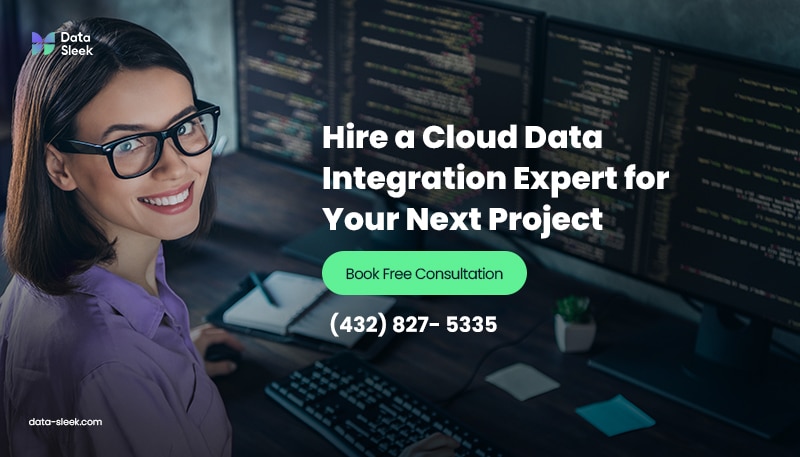
Take the Next Step with Us!
Embracing this tool is key to transforming your operations and setting the stage for long-term success. With integrated data, you can make smarter decisions, simplify complex data processing, and stay competitive.
Ready to explore these opportunities? Contact us today for a free consultation and to help you support your journey toward growth and innovation!
Cloud-Based Data Integration FAQs
Here are some commonly asked questions you need to be aware of.
How does cloud data integration differ from traditional methods?
Cloud data integration differs from traditional methods because it stores, accesses, and manages data on cloud platforms rather than on-premises servers. This enables scalability, flexibility, and cost-effectiveness as data can seamlessly synchronize across various cloud services.
How does this robust system improve agility?
It streamlines data processes and offers real-time insights, enabling quick adaptation to market changes. This flexibility keeps you competitive.
How does this tool support data security?
Robust governance policies ensure security and compliance. This protects your information and builds trust with stakeholders.
What ongoing support is available in cloud data integration?
Expect continuous support and optimization to adapt to new challenges. This ensures your system remains effective and up-to-date.



















